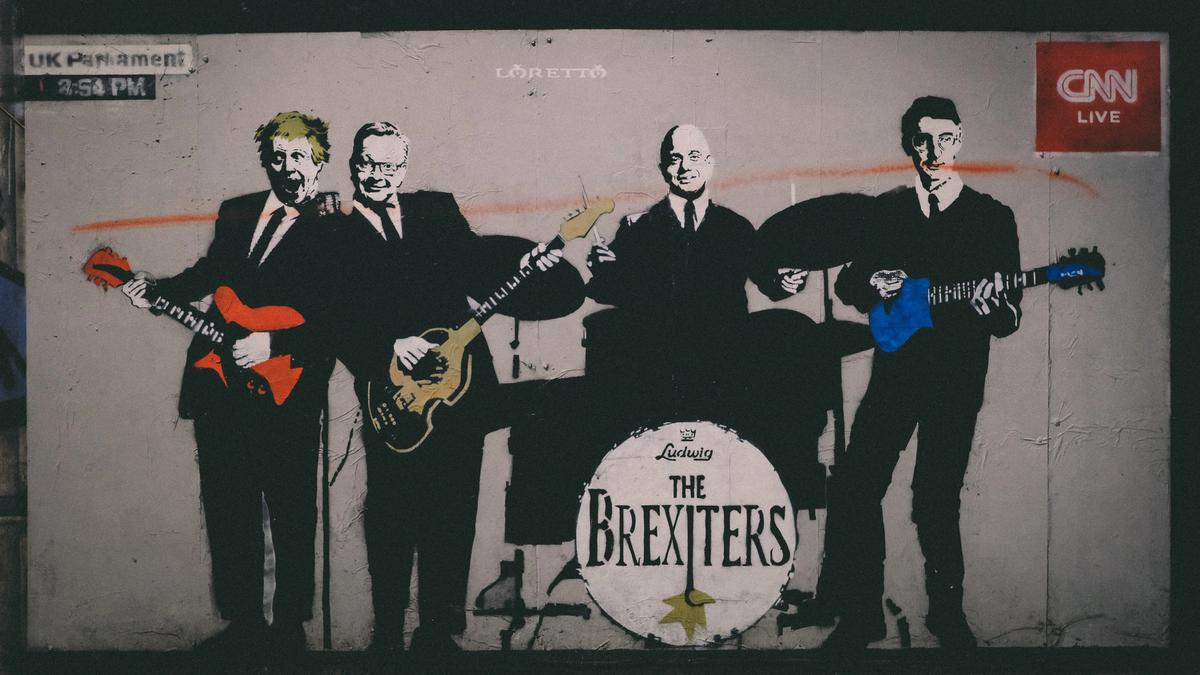Jacob Rees-Mogg has been hinting at his profound connection with fishing communities over the last couple of days. And while he spoke at a protest at which MPs were due to fling fish off a boat on the Thames on Wednesday morning as a mark of solidarity, he didn’t end up getting on board. That was left to Nigel Farage.
But if Rees-Mogg’s position on the Brexit negotiations is anything to go by, he and many other hard Brexiteers cannot really have fishermen’s interests at heart.
Despite pressure from senior government figures, including a joint effort from Michael Gove and Ruth Davidson, the details of the transition agreement are that current fishing policy, like all other policy areas, will remain in place. This was one of the cherries that EU negotiators were clear was going to remain unpicked. Rees Mogg is one of 13 Tories who have now written to Theresa May threatening to vote down the EU withdrawal bill because of this.
The announcement has not gone down well in the fishing industry, either. Since the early days of the referendum, fishermen were promised “hundreds of thousands of tonnes” of additional fishing quota by government leaders. That was a tempting offer, although the terms and conditions have proven less appealing.
In the months since the Brexit vote, it has become clear that the twin issues of catching and selling fish are bound up in the minds of EU negotiators just as they are bound up in the financial prospects for the UK fishing industry.
Most UK-produced seafood is exported, and most of that ends up in supermarkets and restaurants in the EU. This is why, at the same time as fishermen would like more quota, they have also been clear that a “no deal” Brexit disrupting trade to the EU would be a disaster.
This prospect is particularly alarming for small fishing communities that specialise in shellfish rather than quota species (these rights are mostly owned by large trawlers) but do sell their catches to the EU market. This was one of the key findings from my economic impact assessment of Brexit scenarios for UK fisheries.
To deliver the largest quota gains possible while keeping tariffs as low as possible will not be straightforward. Walking away from negotiations will deliver neither. On tariffs, the UK would default to higher World Trade Organisation rates as well as face the worrying prospect of non-tariff barriers at EU ports.
On quota, the UK going it alone and setting a higher level only works in the longer term if the EU agrees to a lower share. The reality is that over 100 fish stocks will be shared, post-Brexit, and both sides deciding their own quota limit will inevitably harm fish stocks and the communities that rely on them. A good deal for the fishing industry requires co-operation.
Of course, two more years of uncertainty is nobody’s first choice of outcome. There are real problems in the management of fisheries and the viability of fishing businesses, although not as Rees-Mogg or Nigel Farage have described.
Fishing quotas, by limiting the amount of catch, have worked as intended and have brought many fish populations in EU waters back to sustainable levels. The recent certification of North Sea cod as sustainable was a particularly hard-fought journey from a near collapse of the stocks. The value of fish landings is now increasing year-on-year, and profits in the fishing industry are at the highest level recorded.
And yet it is difficult to find signs of these positive trends in many fishing communities. This is partly due to changes in technology and labour markets, resulting in fewer fishing vessels each year (as in other EU and non-EU countries). But it’s also related to how the UK distributes its quota, and not just its total size. The decision on how quota should be distributed (big vessel or small, trawler or handline) has always been up to the UK government. The reality is that most Brexiteers have never engaged with the nuts and bolts of this issue, and we’re looking at two more years without real engagement.
All this has of course been lost in the political theatre around fisheries. The totemic nature of fisheries in the UK consciousness has made the industry ripe for photo-ops, but not for serious reform. This is extremely frustrating for struggling fishing communities, but it’s also very dangerous. Just weeks ago, Rees-Mogg was making the case for tariff-free imports of food products, post-Brexit, without a hint of concern that cheap imports would undercut British fishermen.
An industry that has been overlooked and politicians trying to make a name for themselves can make for interesting bedfellows, but not particularly good ones. Fishing communities deserve better.
This blog was originally published by The Guardian here.

